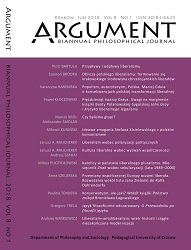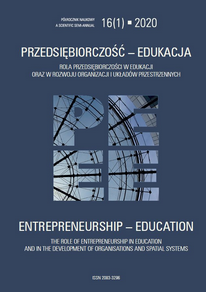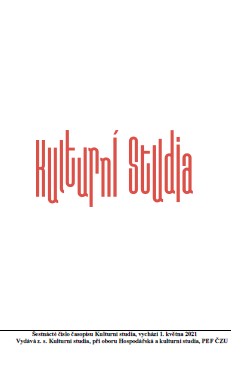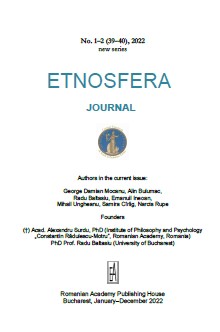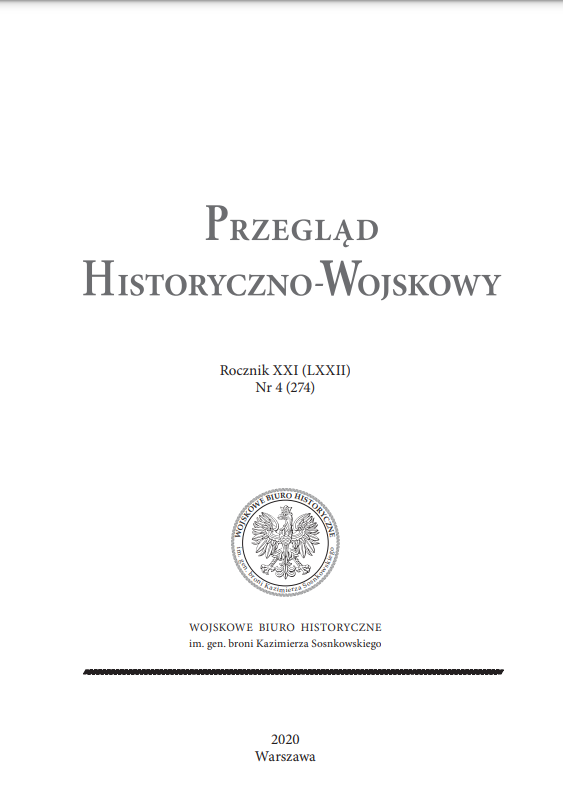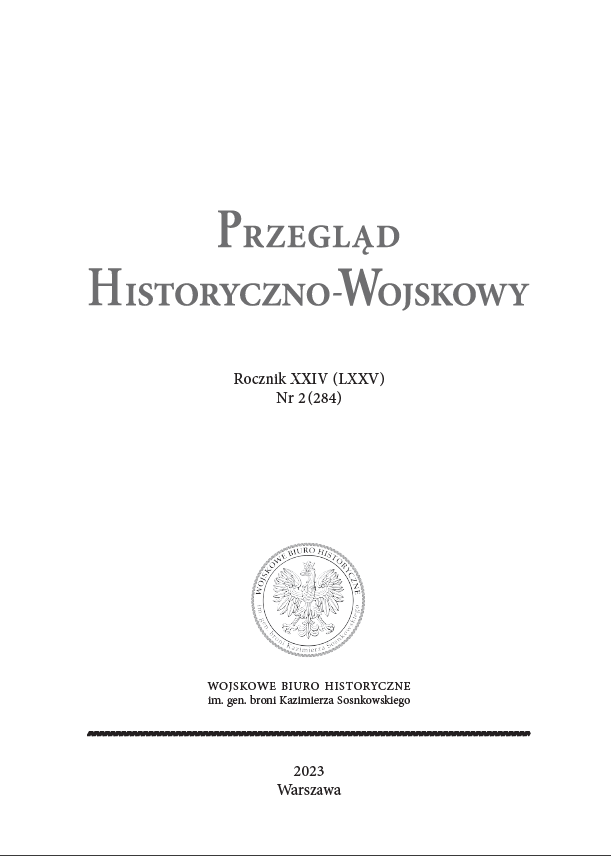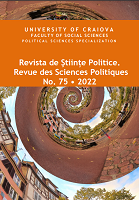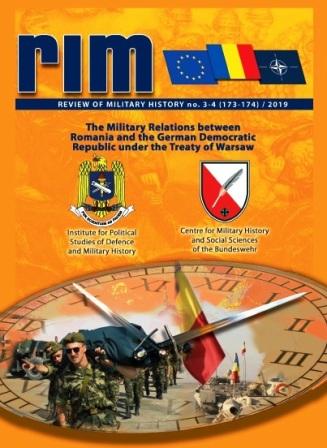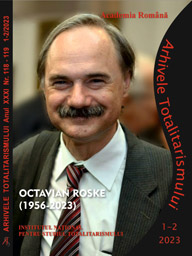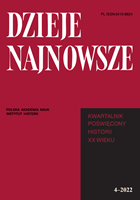Author(s): Clara Mareș / Language(s): Romanian
Issue: 1-2/2023
Arrested in 1952, for correspondence with the former director of the French Institute in Bucharest, Marcel Fontaine, the Securitate accused Micaela Ghițescu of espionage, sentencing her to four years in prison. Released in October 1955 after being imprisoned in Jilava and Mislea, she will arrive home where she will only find her mother. Meanwhile, her father and brother had died. Forced to declare in writing that she will never apply for a position in education, Micaela Ghițescu barely manages to resume her studies, taking refuge in a discreet career as a translator. Speaking five foreign languages, Micaela Ghițescu will translate dozens of novels from Portuguese, Spanish, English, French and German.But in communist Romania, the secret police was never too far. In the context of an invitation to the University of Illinois in 1983, she will be pressured and recruited for collaboration under the conspiratorial name "Georgescu". Although initially providing useful notes to Security, officers pointed out that the agent had not reached his potential.The death of her husband in 1985 makes her stop any collaboration, refusing the indications received. Moreover, she voluntarily reduces her entourage to a minimum, reasoning that she has no one to provide new data about.Insistently followed on the street, with her correspondence being opened and listening to the conversations in the house through secret microphones, the Securitate found that M. G. had preferred isolation to collaboration. In March 1987, agent "Georgescu" was abandoned due to inefficiency.From 1990 until her death in 2019, Micaela Ghițescu participated in the editing of Memoria magazine, putting all her energy into remembering the sufferings of former political prisoners and their families.For her literary merits, she was decorated with high Romanian and Portuguese distinctions. In 2012 she signed her only book Between Forgetfulness and Memory, published by Humanitas.
More...
